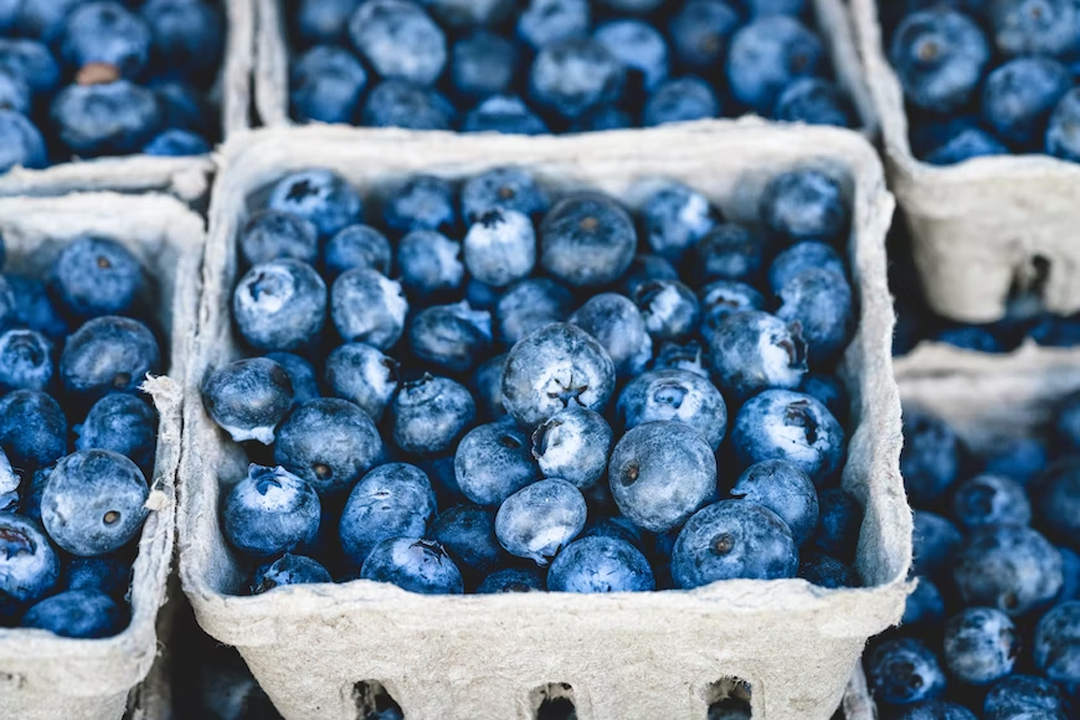 Living a balanced lifestyle can go a long way towards maintaining good mental health, and consuming healthy foods that help to improve your brain function can be an important part of this.
Living a balanced lifestyle can go a long way towards maintaining good mental health, and consuming healthy foods that help to improve your brain function can be an important part of this.
Getting Help from the Therapists
According to a report from the National Center for Health Statistics at the U.S. Centers for Disease Control and Prevention, between 2019 and 2021, the percentage of American adults who said they had sought and received mental health treatment in the previous year increased from 19.2% to 21.6%.
Among the most prevalent health issues affecting Californians are mental illnesses: One in seven California adults suffers from a mental disorder, and one in 26 has a severe mental disorder that makes it difficult to perform daily tasks.
If you are struggling with your mental health, it is important to find a therapist. Finding the right therapist for you can be difficult, but there are steps that can help you make an informed decision.
You can also look online to find a therapist in California and in your area who specializes in the treatment of depression or anxiety disorders. If possible, meet with more than one therapist before choosing one so that you get a sense of each person’s style and personality.
But did you ever think about how much your diet could affect your mental health?
We’re not just talking about unhealthy foods making you feel sluggish or sick—we mean the types of foods you eat can have a real impact on your brain chemistry, which might make it easier to deal with stress or make it harder to focus. When we don’t consume adequate amounts of these nutrients through our diet (or if we eat too much sugar), it can lead to imbalances within our body that can negatively affect how well we think or feel. Our brains need specific nutrients to function properly because they are complex organs.
If you’re looking for some simple tips to improve your mental health, try incorporating these foods into your life:
Garlic, a Natural Anti-Depressant
Garlic, a natural anti-inflammatory and anti-depressant, has been proven to have stress-relieving properties. In a study published in the Journal of Psychopharmacology, it was shown that allicin – the chemical found in garlic – can help improve cognitive performance and reduce stress as well as depression symptoms.
Allicin also has been shown to reduce blood pressure by reducing stress on the heart’s arteries.
Dark Chocolate to Boost Serotonin Levels
Dark chocolate contains phenylethylamine, a chemical that increases serotonin levels in the brain. Serotonin is a neurotransmitter that helps regulate mood and sleep. Dark chocolate also contains antioxidants and is high in fiber, magnesium, iron, and zinc — all of which contribute to improved mental health.
Blueberries to Protect Against the Effects of Stress
Blueberries are a well-known source of antioxidants, which means they help fight free radical damage. This can make you feel more alert and mentally sharp. They also contain fiber and vitamins that can help boost your mood, so if you’re feeling anxious or depressed, blueberries may be just what the doctor ordered.
In addition to improving mental health, blueberries may also help protect against physical stressors such as exercise or exposure to extreme temperatures. Blueberries contain compounds called anthocyanins that have been reported to improve blood flow, meaning they might help repair broken-down tissue after a particularly intense workout session.
Water to Increase Blood Flow in Brain and Flush Out Toxins
Drinking water is beneficial for your body in many ways. Water helps increase blood flow to the brain and flush out toxins. It also keeps your body hydrated, which makes you feel good and focused. Drinking plenty of water each day can help prevent headaches, fatigue, and even high cholesterol levels.
Oranges to Improve Brain Function and Concentration
Oranges are an excellent source of vitamin C and folate, which help boost brain function. Vitamin C is a powerful antioxidant that can help prevent damage to your brain cells, while folate plays an important role in the development of babies’ brains. Folate can also help protect memory and concentration as you age.
Fatty Fish to Boost Mood and Improve Circulation
Fatty fish, such as salmon and tuna, are high in omega-3 fatty acids. These fats can reduce inflammation throughout the body and help improve circulation, which can help reduce stress levels. Omega-3s are also important for brain health; a deficiency of these nutrients has been linked to depression and other psychiatric disorders.
Nuts Containing Omega-3 Fatty Acids to Support Brain Health
Nuts are a great source of Omega-3 fatty acids, which support brain health. One ounce of walnuts contains 1.5 grams of Omega-3 fatty acids, and an ounce of hazelnuts contains 2 grams.
Walnut oil is also rich in these important nutrients, as well as being full of antioxidants that can help protect your cells from damage. And the healthy fats found in walnuts have been shown to improve blood cholesterol levels, lower blood pressure and even reduce inflammation levels in the body, which are the key factors for good heart health.
Mental health and wellness are important for all people. Without a healthy mind, your physical health can suffer. It’s also important to take care of your mental health in order to feel better and live a happier life.
If you have poor mental health, it can make it harder for you to perform at work or school, get along with others, or make good decisions. It is important to add these foods to your diet to have a healthy life.

